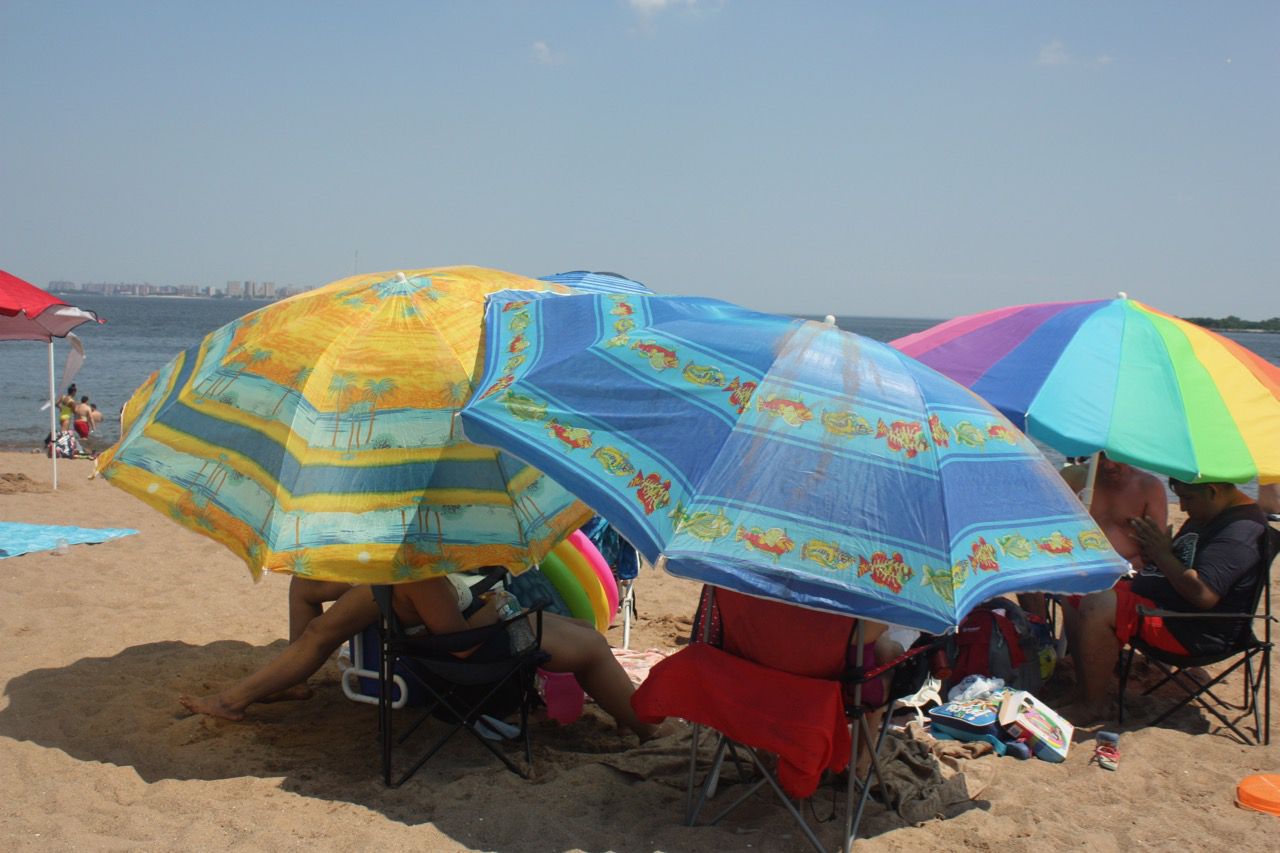Alabama heat dome triggers health advisory: How to stay safe
Heat indexes in Alabama are expected to reach as high as 114 degrees this week as a heat dome engulfs the state.
The Alabama Department of Public Health has issued an advisory to take extra precautions during high temperatures and to be alert to warning signs of heat illnesses.
The heat dome — a geographic area of sinking air that traps warm air near the ground — may stay locked over Alabama through at least Saturday, with high temperatures of more than 100 degrees possible both Thursday and Friday.
Heat-related illnesses occur when the body is exposed to high temperatures. The incidence of these illnesses rises during warm weather periods, and anyone exposed to high temperatures or extreme heat can experience symptoms when the body’s temperature control system is overloaded.
Who’s most at risk?
People with heart disease, diabetes, obesity, poor circulation or previous stroke problems, people of older and younger ages and those taking certain medications are at greater risk of becoming ill in hot weather.
What are common heat-related illnesses?
Heat cramps – include muscle pains or spasms (abdomen, arms or legs), profuse sweat and high salt concentration in the sweat.
Heat exhaustion – is associated with heavy sweating, paleness, muscle cramps, tiredness, weakness, dizziness, headache, nausea, or vomiting and fainting. Other possible symptoms may include cool and moist skin, fast and weak pulse rate, fast and shallow breathing, or irritability. Older adults, those with high blood pressure. and those working or exercising in a hot environment are prone to heat exhaustion. If heat exhaustion is not treated, it may progress to heatstroke.
Heat stroke or sun stroke – the most serious heat-related illness, a life-threatening problem, may occur when the body is unable to control its temperature. Body temperature may rise to 106 degrees F or higher within 10 -15 minutes. Signs include an extremely high body temperature, red, hot and dry or moist skin, rapid, strong pulse, throbbing headache, dizziness, nausea, dehydration, combativeness or confusion, and unconsciousness. Heat stroke is a medical emergency and even with immediate treatment, it can be life-threatening or cause serious long-term problems.
How to stay safe in the heat
ADPH recommends that people drink plenty of fluids except alcohol or caffeinated beverages to prevent dehydration; stay in an air-conditioned room; keep out of the sun by seeking shelter; wear a wide-brimmed hat, light-colored and loose-fitting clothing; use sunscreen of SPF 15 or higher; take cool showers or baths; and reduce or eliminate strenuous activities during the hottest times of the day.
